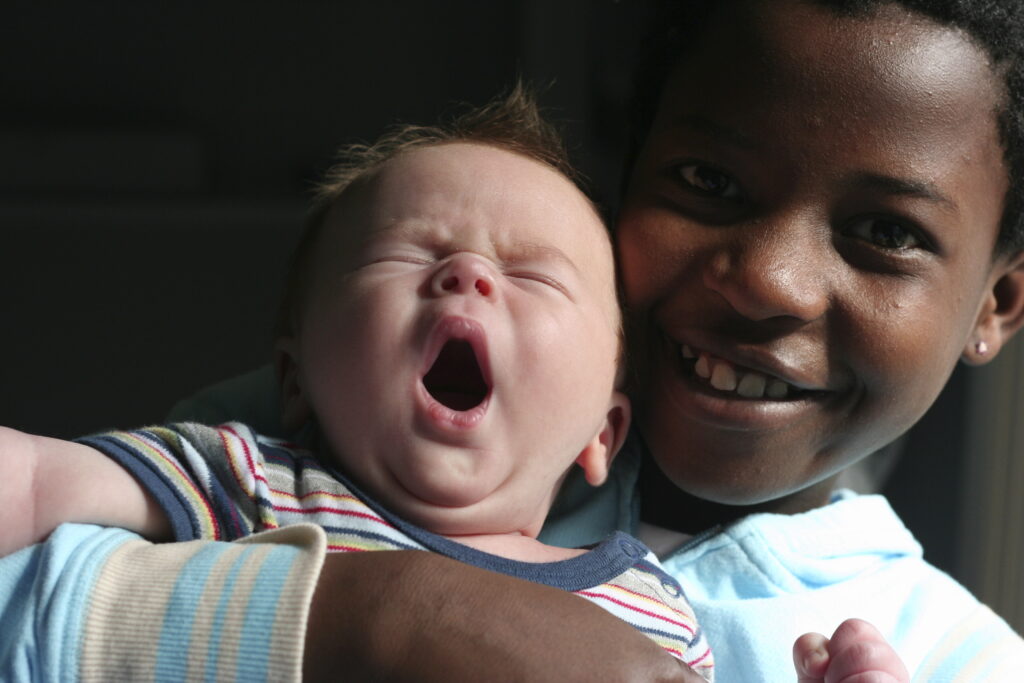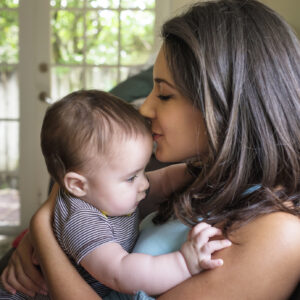
Custody: A Step-By-Step Guide
Figuring out a child custody arrangement that everyone can agree to is one of the most difficult parts of divorce. However, taking it one step at a time can make the entire process easier to understand and work through. Here are the basic questions to answer to form the basis of your custody agreement:
2. What is best for your child?
 The #1 concern for the court is the well-being of the child. However, parents may have different views of what is best for their child in the long-term. Mediators, attorneys, and the court will evaluate a number of factors to determine what is best for the child, including:
The #1 concern for the court is the well-being of the child. However, parents may have different views of what is best for their child in the long-term. Mediators, attorneys, and the court will evaluate a number of factors to determine what is best for the child, including:
- The child’s wishes (if he or she is old enough to vocalize a reasonable preference)
- The child’s age and sex
- The physical health of both parents
- The mental health of both parents
- Any special needs of the child (and how each parent provides for these needs)
- Religious/cultural considerations of the parents and child
- Stability of both home environments
- Relationships with extended family members (and ability to sustain positive relationships under a new custody agreement)
- Any history of domestic violence, abuse (physical or emotional), or neglect
- Any evidence of drug abuse or alcoholism
3. Who do you want to make the final decision?
 There are two options for the final decision-maker: the parents or the court. This decision ultimately comes down to the parents’ relationship with each other and ability to resolve differences.
There are two options for the final decision-maker: the parents or the court. This decision ultimately comes down to the parents’ relationship with each other and ability to resolve differences.
Working together as parents is the best way to ensure that both sides are happy with the result. However, you are not required to go through this process alone; using a mediator or family law attorney can speed up the process and help you work through points of disagreement. During informal negotiations, both parents can work together to develop a parenting plan that everyone is on board with. Once the plan is developed, a judge can sign it to make it a legally binding agreement.
If the parents are unable to agree on a solution, the custody decision will be made in court. The family court judge will take a wide range of factors into account (which are discussed further below) and then make a decision based on the best interests of the child.
